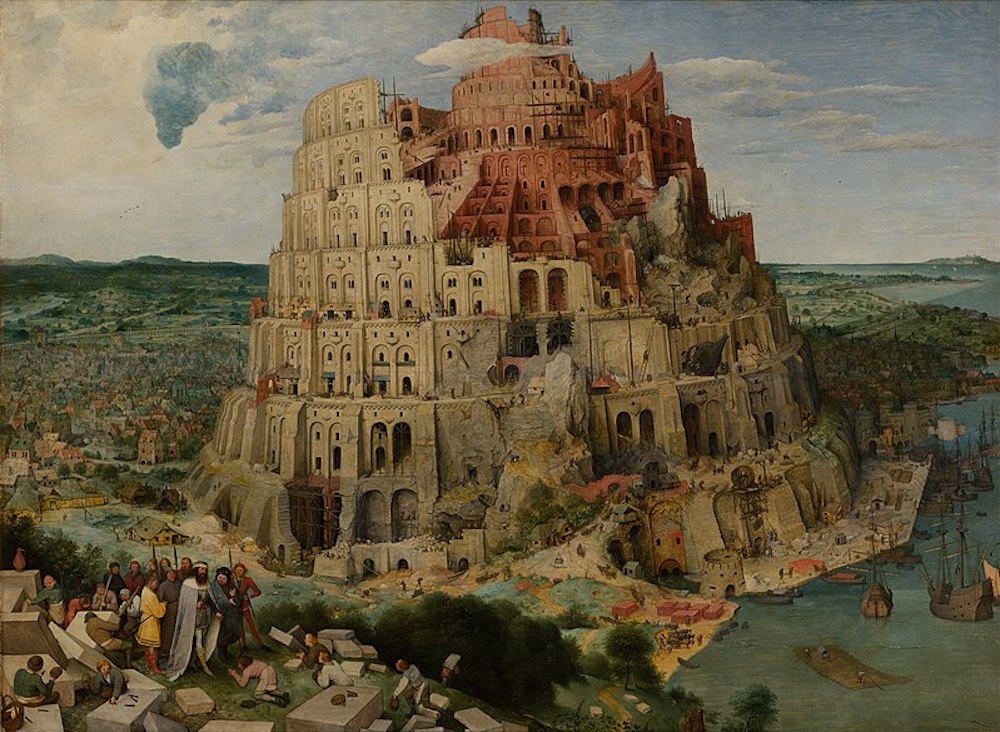Search for topics or resources
Enter your search below and hit enter or click the search icon.

I once pronounced 2020 as my personal recovery year. My wife and I were looking over my calendar and feeling almost giddy—no air travel, no moving dates, no surprises. It was October 2019 and she had spent a couple weeks in hospital due to complications from a miscarriage. We had just left the city for a suburb—our sixth move in as many years—to secure better housing and a greater sense of community. We were exhausted, but I knew the coming year was ours: ‘nothing would happen’ were my famous last words.
Instead, the pandemic has painfully revealed my idols of safety and comfort. It seems that I’m not alone. For decades, Americans have increasingly avoided living in areas where their opinions or lifestyle differ significantly from their neighbors. This self-protective mindset is more pronounced in the pandemic as the wealthy abandon the poor for their country hideaways and the able-bodied clear grocery shelves before the elderly can reach them. If it wasn’t clear before, we live in a society where many are invested in denying their vulnerability and living as gods, even to the detriment of those around them.
Our quest for self-sufficiency is not new. Such was the desire of Adam and Eve, who were doing fine until the serpent told them that eating the fruit would make them like God (Gen. 3:5). The modern world often magnifies our apotheosis, especially with its technologies, which have insulated us from the forces of nature time and again. We have climate-controlled homes, chemically-regulated bodies, and (usually) a litany of options to fend off death if we submit to an annual regime of medical appointments.
I imagine if an ancient person were to survey the life of an average Manhattanite—staring up at skyscrapers that reach beyond the heights of Olympus—they would be convinced that we are gods. Of course, modern medicine and other common technologies have done much good. I am only suggesting here that, in concert with the Edenic lie, they can become a means for transcending our humanity, if only for a moment. This predisposition to ignore or deny our creaturehood, to pretend we’re the Creator, offers one perspective on why the coronavirus pandemic seems so ominous. It is the first time in decades that the whole country—indeed, the whole world—has collectively felt the threat of death. We are convulsing from a subtle spiritual crisis and, like COVID-19, the worst damage is sometimes inflicted by our immune system. In this case, it’s our fear of vulnerability.
To speak of anything in this pandemic other than the public health emergency seems like a distraction or, worse, an insult to the sick and dying. But it’s because of the experiences reported in our hospitals that we need to reflect on what is the first major health crisis for a large segment of the American population. As news broke that equipment shortages would force hospital staff to decide who lives and dies, a Chicago-area nurse commented that she “didn’t sign up for this.” The truth is no one signed up for this. In our technological society, an outbreak of this magnitude feels like an intrusion from the Middle Ages.
Some less thoughtful Christians have offered unfortunate, even silly, solutions to our societal predicament. While most churches go online, a pastor in Louisiana ignored state warnings and gathered hundreds together for Easter Sunday with the protection of anointed handkerchiefs. More infamously, Kenneth Copeland went on air to blow away the coronavirus. These actions have typically been interpreted as anti-science. What is overlooked is how they are a denial of vulnerability in the name of Christian faith.
It is understandable that we struggle to navigate our vulnerability to death and disease. In fact, the almost total silence about this in the press sits well with the narrative I sketched above. There is a constant cycle of stories relating to ‘flattening the curve’ and re-opening the economy, but all of this may help some people to avoid the more important task of thinking about their mortality. It is far less understandable, however, that some Christians can’t move beyond their denial of vulnerability, even as they claim to worship a crucified Jesus.
Unlike most Christians in the modern West, the earliest Christians were often poor and powerless. They were rarely shielded from the harsh realities of nature—disease and physical labor being chief among them. So they interpreted their lives through the lens of Jesus’s crucifixion, where his humiliation leads to exaltation at the resurrection. They believed that their vulnerabilities helped them to re-discover what mattered in life: love, joy, and generosity. It was the apostle Paul who, upon trying to pray away his weaknesses, received a revelation from the Lord: “My grace is sufficient for you, for my power is perfected in weakness” (2 Cor. 12.9).
But finding strength in the toughest of circumstances can happen today too, and not just for Christians. In this pandemic, we’ve been reminded that we’re all human, all susceptible to death. An optimistic outlook on how this pandemic re-shapes America suggests that our collective experience of vulnerability could humble us, including our public officials. After four very divisive years, perhaps that’s exactly what we need to set aside petty differences and embrace a more honest, humane politics.
When I described our move to the suburbs for a co-worker last year, they gave a response that now seems like a proverb for 2020: “you can’t escape vulnerability.” The remaining question is how we respond to it and, as always, the path of transformation begins when we stop running away from the problem.
Topics: